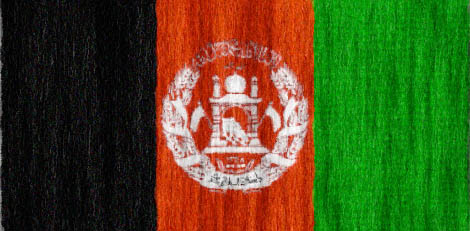Reuters
The Afghan government is running out of funds despite an influx of millions of dollars in aid as a deadlock over who won the election drives a sharp decline in revenues, already suffering from the drawdown of thousands of foreign troops. The government faces difficulty paying salaries next month and has once more gone cap in hand to donors for help, a senior finance ministry official said on condition of anonymity, because of the sensitivity of the topic.
The US embassy in Kabul confirmed Afghan officials had briefed them about their difficulty paying salaries and funding programmes in coming months, but did not detail how donors planned to respond.
“While the US and the donor community... are working closely with Afghan authorities to avoid any major disruptions in critical services...resolving this situation requires action by Afghan authorities first and foremost,” a State Department official said.
Foreign powers have poured billions of dollars of aid into Afghanistan since the fall of the Taliban in 2001, but the country’s next leader is unlikely to receive the same levels of financial support.
The size of the gap to date is unclear, but the most recent data on the finance ministry’s website shows domestic revenue in the first six months of 2014 fell 27.5% short of a target of 60.2bn Afghanis ($1.1bn).
The ministry said current figures were not yet ready, although the senior official indicated the budget shortfall stands between $500 and $600mn.
“If the election goes wrong we’ll not be able to manage, we will face huge problems beyond our control,” said finance ministry spokesman Abdul Qadir Jaillani.
Presidential candidates Abdullah Abdullah and Ashraf Ghani have been locked in a bitter struggle for power for months, over accusations of mass fraud and rivalry between their camps that has pushed the country to the brink of a civil war.
“Our humble request from the finance ministry is for both candidates to reach an agreement to avoid a further decrease in revenue and the economy,” Jaillani added.
Jaillani denied salaries were at immediate risk, although a host of projects to build and maintain roads, schools and clinics had been suspended for lack of cash, although he warned that resources were running low.

